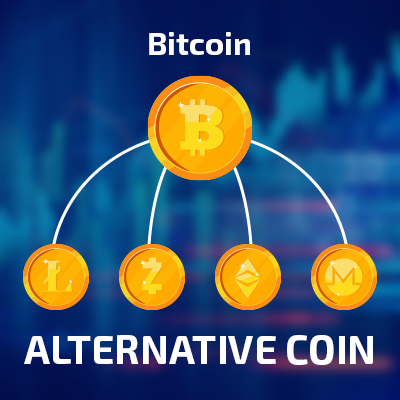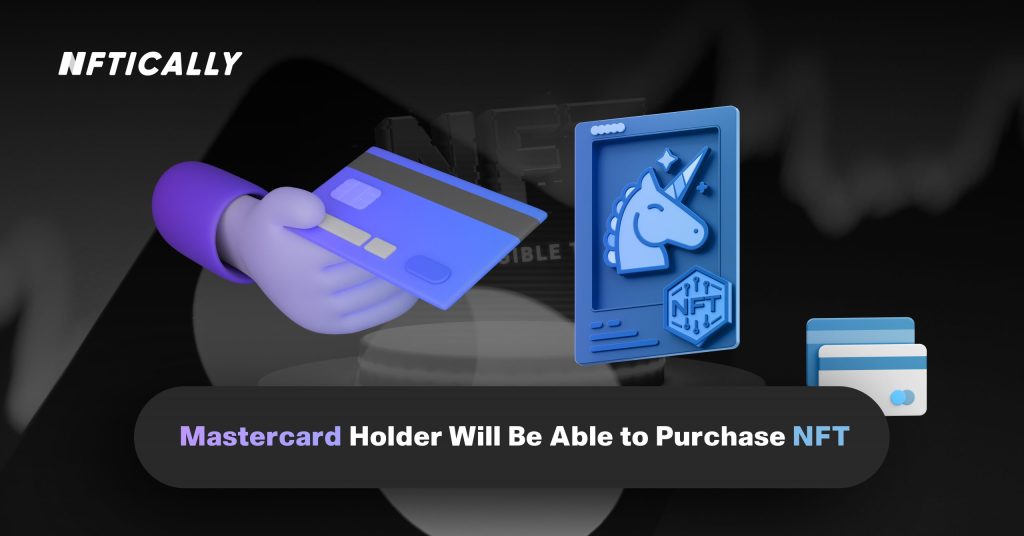
Here’s What You Should Know About Cryptocurrency
1. Cryptocurrency definition
Cryptocurrencies are digital assets created using computer networking software that enables secure trading and ownership.
In Addition
The term cryptocurrencies
Similarly, Comes from the cryptographic processes that developers have put in place to guard against fraud.
These innovations addressed a problem faced by previous efforts to create purely digital currencies.
Individual units of cryptocurrencies can be referred to as coins or tokens, depending on how they are used.
That is to say, in other words, to clarify Some are intended to be units of exchange for goods and services, others are stores of value.
One common way cryptocurrencies
are created is through a process known as mining, which is used by Bitcoin.
2. How to buy cryptocurrency
Buying cryptocurrencies involves four basic steps:
Centralized exchanges act as a third party overseeing transactions to give customers confidence that they are getting what they pay for.
These exchanges typically sell crypto at market rates, and they make money on fees for various aspects of their services.
If you’re more accustomed to traditional brokerage accounts,
there are a few online brokers that offer access to cryptocurrencies as well as stocks.
Of the online brokers reviewed by NerdWallet, In Addition these include Robinhood, Webull, SoFi Active Investing and TradeStation.
In conclusion, to sum up, in short If you’re looking for an exchange that operates solely within the cryptocurrency world, look for pure-play crypto exchanges.
That is to say, in other words, to clarify These platforms, such as Coinbase, Gemini and Kraken, won’t give you access to core assets like stocks and bonds, but they typically have a much better selection of cryptocurrencies, and more on-platform crypto storage options.
3. Best cryptocurrencies by market capitalization
More than 17,500 different cryptocurrencies are traded publicly, according to CoinMarketCap.com, a market research website.
And cryptocurrencies continue to proliferate.
The total value of all cryptocurrencies on Feb. 18, 2022, was about $1.8 trillion.
Having fallen substantially from an all-time high above $2.9 trillion late in 2021.
In other words, If that weren’t enough to navigate, there are millions of NFTs — or nonfungible tokens —
Which are based on similar technology and offer ownership of content such as pictures and videos.
|
|
|
|
|---|---|---|
|
|
||
FEES0.5% – 4.5% varies by type of transaction; other fees may apply |
FEES1.25% per trade |
FEES0.5% – 3.99% depending on payment method and platform |
ACCOUNT MINIMUM$2 |
ACCOUNT MINIMUM$10 |
ACCOUNT MINIMUM$0 |
PROMOTIONEarn $5 in bitcoin for getting started on Coinbase |
PROMOTIONGet $10 in bitcoin when you make your first trade of $10 or more |
PROMOTION$20 of BTC for new users after trading $100 or more within 30 days |
These are the 10 largest trading cryptocurrencies by market capitalization as tracked by CoinMarketCap.
» Learn more: How to invest in Bitcoin
4. Keeping crypto safe
Similarly, This is an important choice. Crypto assets require a private key.
Which proves ownership of cryptocurrencies and is necessary for carrying out transactions.
If you lose your private keys, you’ve lost your cryptocurrency.
-
On-platform storage: Some people choose to keep their cryptocurrency on the exchange or platform where they got it.
This has some advantages. It outsources the complexities to a third-party that brings some expertise to the table.
You don’t have to keep track of your own private keys;
all the information is right there when you log in.
For Instance On-platform storage is often used by people who think they might want to trade their crypto soon.
Similarly who want to participate in exchanges’ staking and rewards programs.
-
Noncustodial wallets: Because of the threat of hacking, it can be risky to leave large balances on crypto exchanges for longer than necessary.
Therefore, If you’re ready to dive into storing your own crypto, there are many options on the market.
They are generally divided into two categories: hot wallets and cold wallets.
7. Legality of cryptocurrencies
Other things to consider include how crypto is taxed and what you can buy with cryptocurrency.
-
Legal tender: You might call them cryptocurrencies, but they differ from traditional currencies in one important way:
There’s no requirement in most places that they be accepted as “legal tender.”
The U.S. dollar, by contrast, must be accepted for “all debts, public and private.”
Countries around the world are taking various approaches to cryptocurrency.
In Addition El Salvador in 2021 became the first country to adopt Bitcoin as legal tender.
For now, in the U.S., what you can buy with cryptocurrency depends on the preferences of the seller.
-
Crypto taxes: Again, the term “currency” is a bit of a red herring when it comes to taxes in the U.S.











Responses